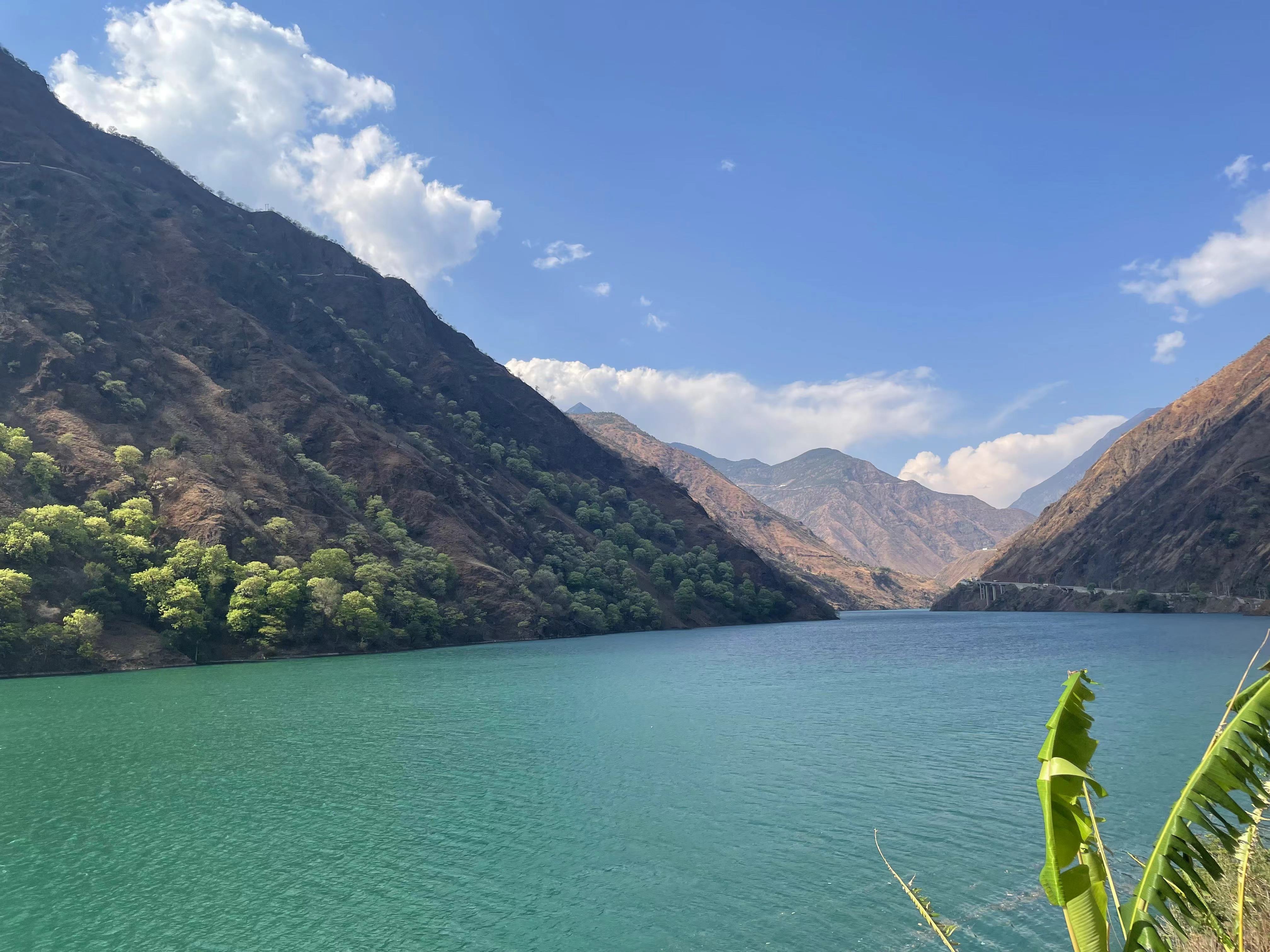Yunnan Memory
Published:

Yunnan Province, located in southwestern China, is a region of stunning natural beauty and rich cultural diversity. Known as the “Kingdom of Plants” due to its vast array of flora, Yunnan boasts spectacular landscapes ranging from snow-capped mountains to tropical rainforests. The province is home to 26 ethnic minority groups, each with its unique customs, languages, and traditional attire, making it a cultural mosaic unlike any other in China.
One of Yunnan’s most captivating attractions is Lugu Lake, a pristine alpine lake straddling the border between Yunnan and Sichuan provinces. Situated at an elevation of 2,685 meters (8,809 feet) above sea level, Lugu Lake is often referred to as the “Kingdom of Women” due to the matriarchal Mosuo culture that thrives in the surrounding villages.
The crystal-clear waters of Lugu Lake reflect the surrounding mountains, creating a breathtaking panorama that has enchanted visitors for centuries. The lake is home to several islands, including the sacred Liwubi Island, which adds to its mystical allure. Visitors can explore the lake by boat, hike in the surrounding hills, or immerse themselves in the unique Mosuo culture, known for its “walking marriage” custom and matrilineal family structure.
Lugu Lake and the broader Yunnan Province offer travellers a chance to experience China’s natural wonders and cultural diversity in a setting that feels worlds away from the country’s bustling metropolises.
The Jinsha River, a major headwater of the Yangtze, flows through Yunnan, creating dramatic gorges. It’s significant for its hydroelectric potential and historical importance as an ancient trade route. The river valley is also an area of archaeological interest, with discoveries shedding light on early Chinese civilization.
These natural wonders and cultural sites make Yunnan a captivating destination for travellers seeking to experience China’s diverse heritage and landscapes.
